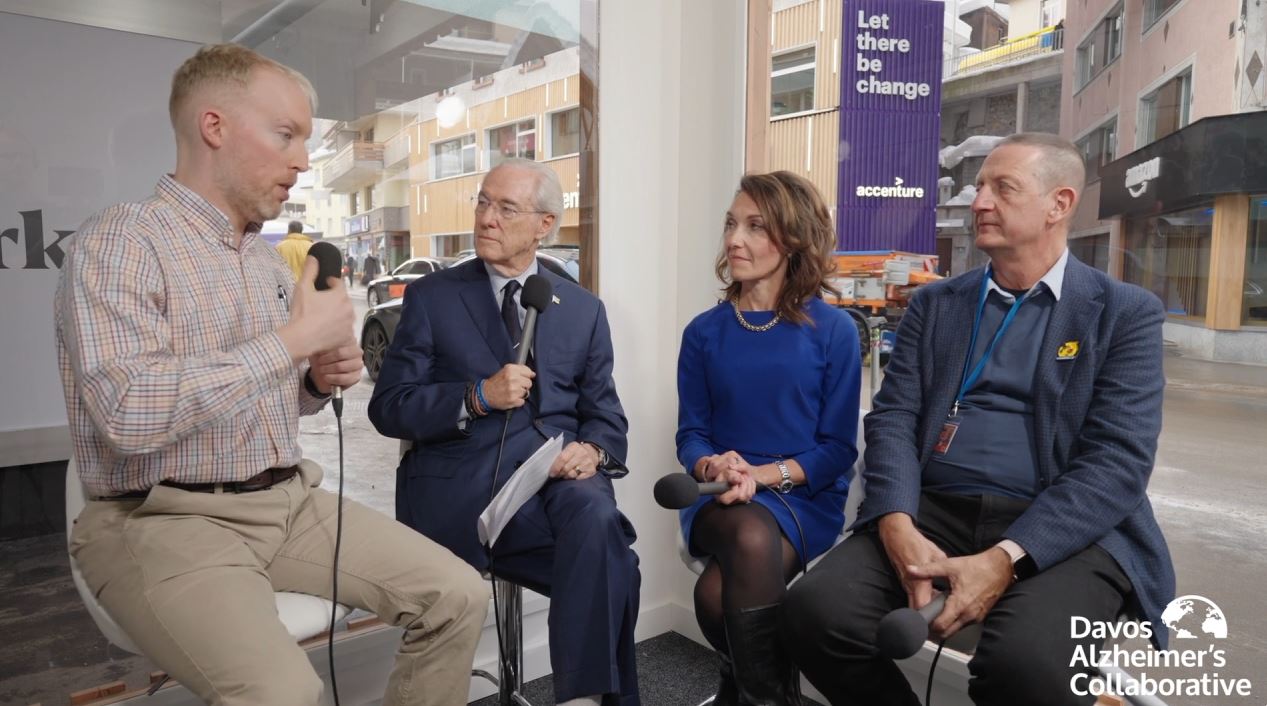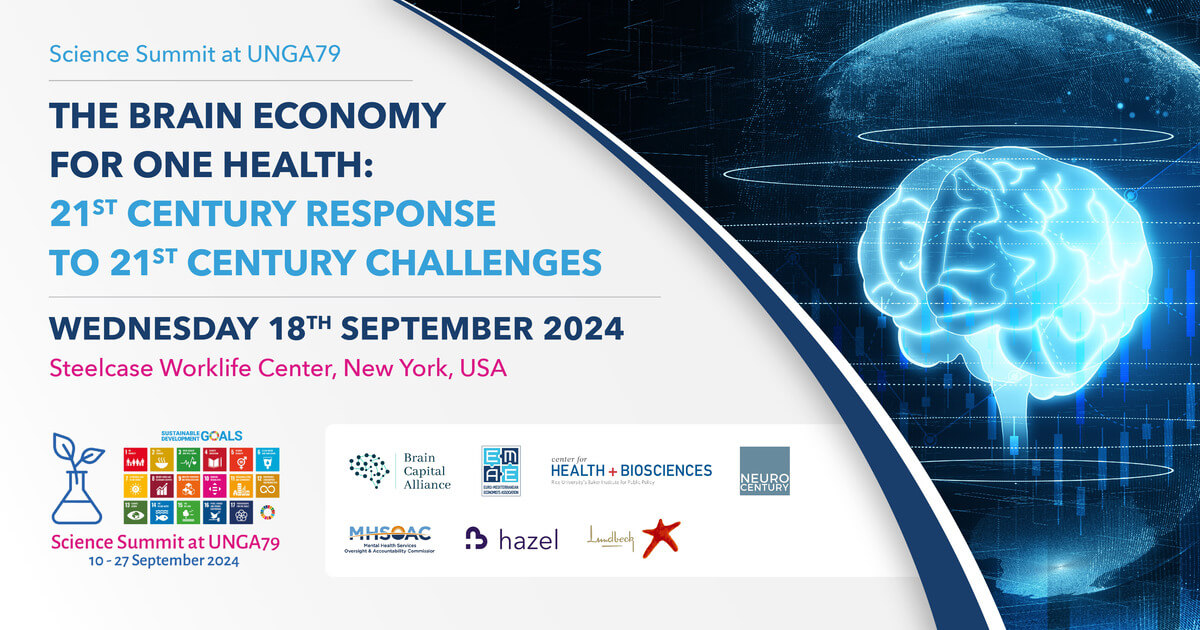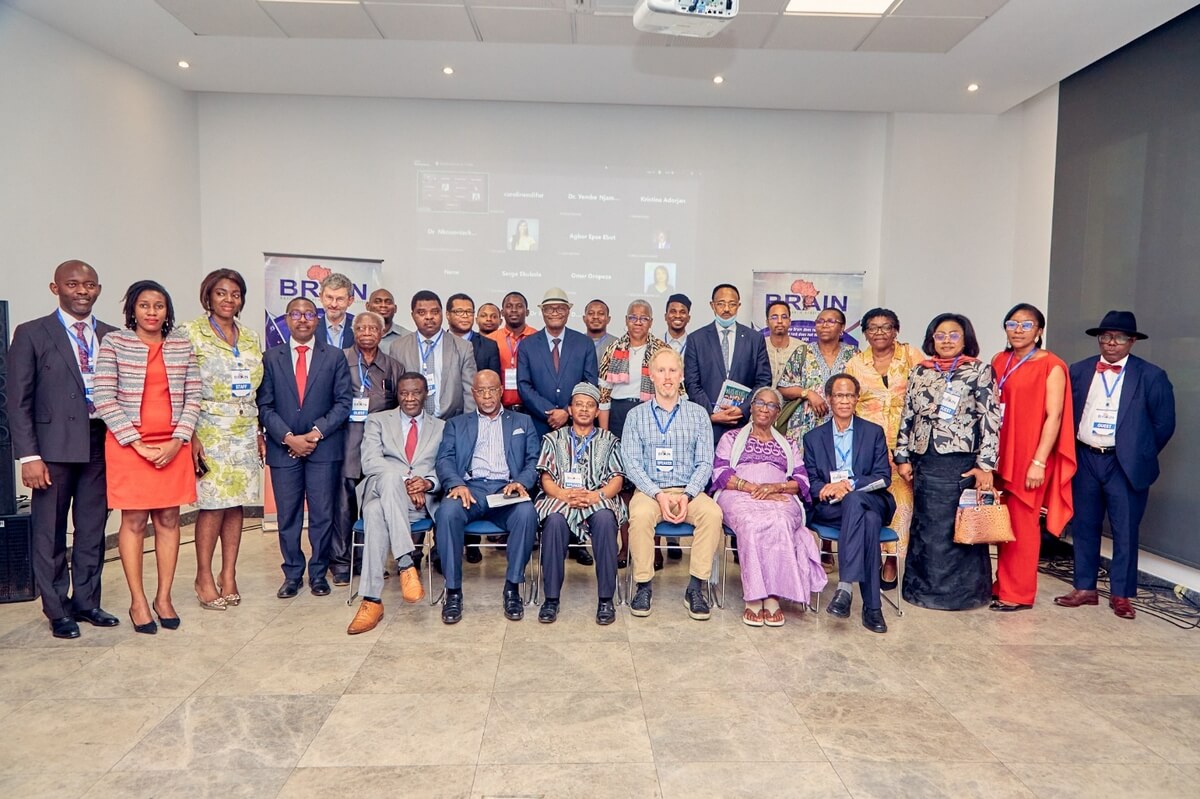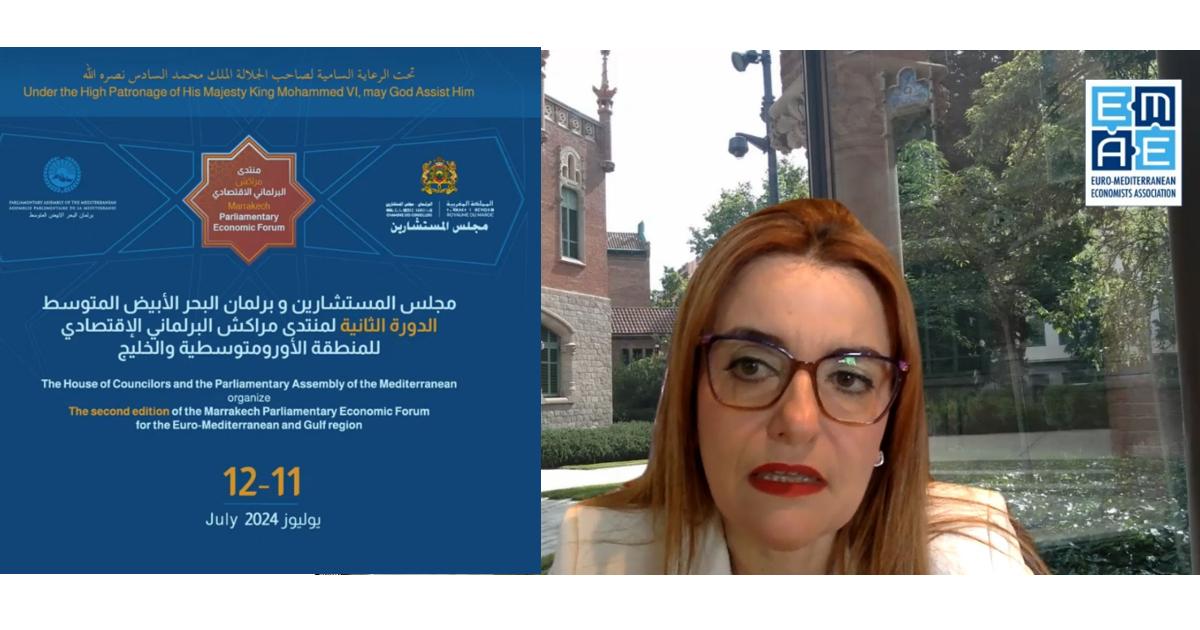Davos, Switzerland, January 15, 2023: The new report titled, ‘The Brain Economy: Advancing Brain Sciences to Better Understand the Modern Economy,’ was launched by the Brain Capital Alliance, at various dialogues on January 16 and 17, 2024.
The coming years are likely to be turbulent due to a myriad of factors, including an escalation in climate extremes, emerging public health threats, weak productivity, increases in global economic instability, and further weakening in the integrity of global democracy. The global authors of the report published in the Malaysian Journal of Medical Sciences noted that our current socio-economic paradigm is insufficient for addressing these complex challenges, let alone sustaining human development, well-being and happiness.
Harris Eyre, a medical doctor, neuroscientist and lead of the Brain Capital Alliance, noted, ‘To support the flourishing of the global population in the age of polycrisis, we need a novel, person-centered and collective paradigm – a brain economy. In this paper, we outline the key reasons why. The brain economy leverages insights from neuroscience to provide a novel way of centralizing the human contribution to the economy, how the economy in turn shapes our lives and positive feedbacks between the two. The brain economy is primarily based on Brain Capital, an economic asset integrating brain health and brain skills, the social, emotional, and the diversity of cognitive brain resources of individuals and communities.’. Eyre is also a fellow in brain health at Rice University’s Baker Institute for Public Policy and a senior fellow in brain capital with the Meadows Mental Health Policy Institute.
To further emphasize the global nature of this work, the paper was published in the Malaysian Journal of Medical Sciences. Eyre noted that engaging with South East Asia was vital for this global movement; in 2023, the Brain Capital Alliance engaged extensively with stakeholders in Latin America, Africa, Australia, North America and Europe.
A senior economist, William Hynes, linked to University College London and The Santa Fe Institute, noted, ‘People with healthy brains are essential to navigate increasingly complex systems. Policies and investments that improve brain health and hence citizens’ cognitive functions and boost brain performance can increase productivity, stimulate greater creativity and economic dynamism, utilize often underdeveloped intellectual resources, afford social cohesion, and create a more resilient, adaptable and sustainability-engaged population.’. Hynes led the OECD’s program on New Approaches to Economic Challenges and co-led that groups Neuroscience-inspired Policy Initiative with Eyre.
Prof. Rym Ayadi, Founder and President of the Euro-Mediterranean Economists Association – EMEA underlined ‘Understanding the intricacies of the human brain is paramount in addressing global societal challenges. As we unravel the complexities of our cognitive processes, we unlock new paradigms and ways of thinking, essential for driving innovative and sustainable advancements in our economies. The brain sciences hold the key to revolutionizing how we approach problem-solving, creativity, and decision-making, paving the way for a future where economic development is in harmony with the well-being of society and the environment.
Jafri Malin Abdullah MD PhD, Editor in Chief of the Malaysian Journal of Medical Sciences and professor of neuroscience at the Universiti Sains Malaysia, noted, ‘We are delighted to launch this paper which will benefit the bottom billion population from low- and middle-income countries. We are confident this paper will catalyze further research, policy and investment in brain science across South East Asia’.
Link to the report “The Brain Economy: Advancing Brain Sciences to Better Understand the Modern Economy” at the Malaysian Journal of Medical Sciences





